ADJUSTMENT PROBLEMS
Adjustment Problems: Navigating Life's Challenges
Adjustment problems, or adjustment disorders, occur when someone struggles to cope with a significant life change or stressor. This can lead to emotional or behavioral symptoms, such as sadness, anxiety, or irritability, which can disrupt daily life. Common triggers include moving to a new city, starting a new job, ending a relationship, or dealing with the loss of a loved one. These challenges can feel overwhelming, but with the right support and strategies, individuals can learn to adapt and thrive. Our approach focuses on providing compassionate care and effective coping tools to help you navigate life’s transitions with confidence and resilience.

Causes of Adjustment Problems
- Communication Problems: Misunderstandings, lack of communication, or ineffective communication
- Trust Issues: Infidelity, dishonesty, or breach of trust
- Financial Strain: Disagreements over spending, saving, or financial priorities
- Different Expectations: Conflicting views on roles, responsibilities, or future goals
- Lack of Intimacy: Physical or emotional distance
- Stress and External Pressures: Work stress, family issues, or health problems
- Jealousy and Insecurity: Feelings of inadequacy or fear of losing the partner
- Unresolved Conflicts: Past issues that were never fully addressed or resolved
Symptoms of Adjustment Problems
Symptoms of adjustment problems can vary widely and may include:
- Emotional symptoms: Sadness, hopelessness, anxiety, irritability, or feeling overwhelmed
- Behavioral symptoms: Changes in sleeping or eating habits, withdrawing from social activities, difficulty concentrating, or reckless behavior
- Physical symptoms: Headaches, stomachaches, or other unexplained physical complaints
Managing Adjustment Problems

Managing adjustment problems involves recognizing the symptoms and seeking appropriate support and treatment. Strategies include:
- Seeking Support: Talking to friends, family, or a counselor about your feelings and experiences
- Cognitive-Behavioral Therapy (CBT): A type of therapy that helps individuals develop coping strategies and change negative thought patterns
- Stress Management Techniques: Practicing relaxation techniques, such as deep breathing, meditation, or yoga
- Healthy Lifestyle Choices: Maintaining a balanced diet, regular exercise, and adequate sleep
- Setting Realistic Goals: Breaking down tasks into manageable steps and setting achievable goals
- Professional Help: Consulting with a mental health professional for guidance and treatment
You've taken the first step now let us help you find the right support
Recognizing Clinical Depression
– Lasting sadness
– Loss of interest in most activities
– Constant fatigue or low energy
– Negative thoughts
– Feelings of worthlessness, hopelessness, or guilt
– Difficulty concentrating on daily tasks
– Changes in eating and sleeping patterns
– Restlessness or irritability
– Physical aches and pains without a clear cause
– Thoughts of death or suicide
Signs Your Child
Needs to See a Child psychiatrist
Recognizing when your child may need to see a psychiatrist is crucial for addressing their emotional and mental well-being. Here are some signs that may indicate it’s time to consider seeking help from a Child Psychologist in Calicut:
- Your child is dealing with a significant change or a stressful situation, like bullying, a health issue, divorce parents, or a move to a new city or school.
- Your child's mental, emotional, and behavioral problems seem to be getting worse over time instead of better.
- Your child or family has experienced trauma, such as a death, an accident, or abuse.
- Your child encounters challenges when it comes to forming and maintaining friendships.
- You notice big notable shifts in your child's temperament and behavior.
- They often have trouble with their behavior in school.
- Your child is worrying to much for trivial things
- Your child's grades are dropping.
Common Conditions Addressed at Our Center
Clinical child psychology is a field dedicated to researching, evaluating, and addressing a broad spectrum of interconnected biological, psychological, and social challenges encountered by children.

ANXIETY
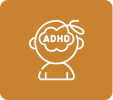
ADHD

DEPRESSION

AUTISM

LEARNING PROBLEMS

BEHAVIOURAL PROBLEMS

ADJUSTMENT PROBLEMS

STRESS
At Mind Weavers, our Child Psychologists are well-versed in the latest evidencebased interventions, providing personalized counseling to address the unique needs of each child.
Skills and Procedures Utilized
Clinical child psychology encompasses a wide range of procedures and skills addressing your child’s needs, including:
- Assessment (e.g., psychological, intellectual, cognitive, and behavioral evaluation).
- Intervention (e.g., psychotherapy and applied behavior analysis).
- Prevention program development (e.g., school readiness,bullying, addictions, obesity).
- Consultation with transdisciplinary team
- Evidence based Practices

Services Offered By Our Center
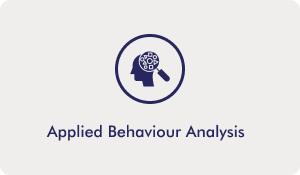

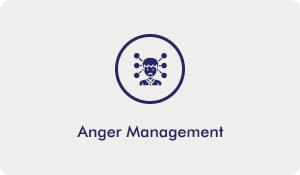
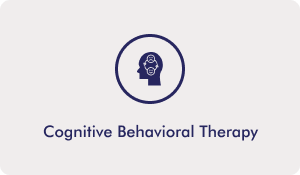
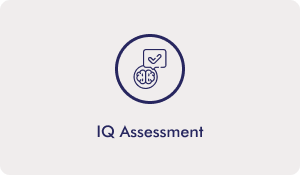
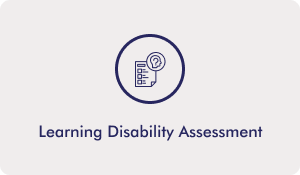
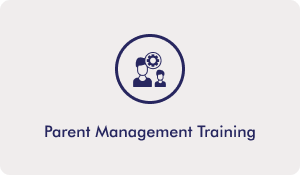
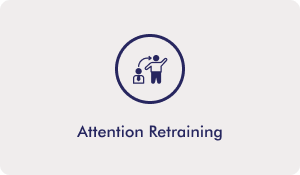
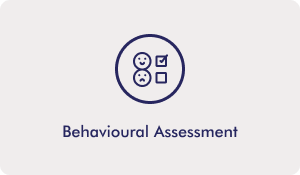
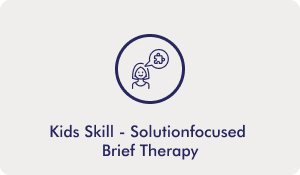
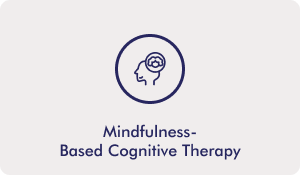
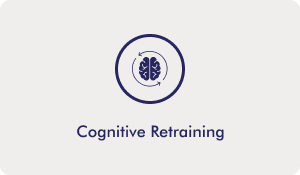
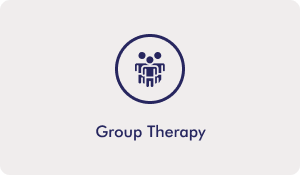

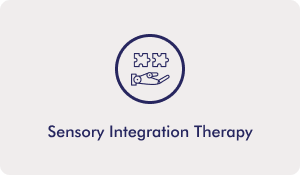
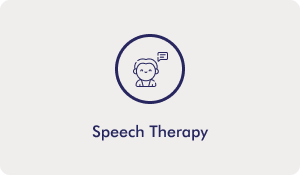
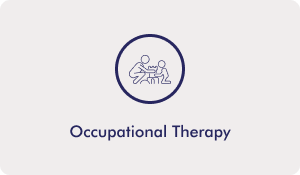
These services are administered by experienced and compassionate clinical psychologists and therapists that ensure your child receives the care and support they need to lead healthier and more fulfilling lives.
FAQs on Adjustment Problems
Adjustment disorders are emotional or behavioral responses to a significant life change or stressor that cause distress and impair daily functioning. These responses are typically more intense than what would be expected for the situation.
Adjustment problems typically begin within three months of the triggering event or change and can last up to six months. If symptoms persist beyond six months, it may indicate a more chronic issue requiring further evaluation.
Yes, children can experience adjustment problems in response to changes such as moving to a new school, parental divorce, or the arrival of a new sibling. Symptoms in children may include behavioral changes, regression, or difficulties in school.
Adjustment problems are diagnosed by a mental health professional through a clinical evaluation that includes discussing symptoms, medical history, and the specific life changes or stressors involved.
While both conditions can involve feelings of sadness and hopelessness, adjustment disorder is specifically related to a response to a particular life change or stressor. Depression is a more persistent mood disorder that may not be linked to a specific event. communication skills, seek to understand each other’s perspectives, and consider relationship counseling to address deeper issues.
Supporting someone with adjustment problems involves listening to them without judgment, encouraging them to seek professional help, offering practical assistance, and being patient and understanding.
If left untreated, adjustment problems can potentially lead to more serious mental health issues, such as anxiety disorders or depression. Early intervention and support are important to prevent this progression.
Yes, self-help strategies include practicing stress management techniques, staying physically active, maintaining a healthy lifestyle, setting realistic goals, and seeking support from friends, family, or support groups.
You should seek professional help if your symptoms are severe, persist for more than a few months, or significantly impair your ability to function in daily life. A mental health professional can provide guidance and appropriate treatment.
Help for adjustment problems can be found through:
– Mental health professionals, such as psychologists, psychiatrists, and counselors
– Support groups or workshops
– Relationship counselors or therapists
– Support groups or workshops for couples
Mind Weavers for Adult Psychology -
Why We're Different?
✨Experience:
Mind Weavers stands out in the field of adult psychology for several reasons. Our team of licensed professionals brings a wealth of experience in dealing with adult psychological issues. We understand that adulthood is a time of significant transition and are committed to helping you navigate this period with empathy and expertise.
✨Understanding Issues from The Root:
We support a comprehensive strategy for mental health. Hence, it means we don’t just focus on your symptoms; we explore the root causes of your challenges. Therefore, by addressing these underlying issues, we aim to provide long-lasting solutions that improve your overall well-being.
✨Supportive Environment:
Another reason to choose Mind Weavers is our commitment to creating a supportive environment. We know that discussing mental health can be difficult, which is why we prioritize creating a safe, non-judgmental space. Our goal is to make you feel comfortable and heard, ensuring that you can openly discuss your concerns and challenges.
✨Flexible Treatment Plans:
Additionally, we offer flexible treatment options tailored to fit your lifestyle. So, whether you prefer in-person sessions or online consultations, we make it easy to access the help you need. Our flexible scheduling and various therapy modalities ensure that you can find the right fit for your needs.
Therefore, take the first step towards a healthier adulthood by choosing Mind Weavers. Your mental well-being deserves the best care, and we’re here to provide it.
Choosing Mind Weavers for
Your Child's Well-Being
At Mind Weavers, our aim is to have a happy, playful, and confident child.
We prioritize your child’s well-being and offer top-quality mental health services to support their growth and happiness. Our dedicated professionals including child psychologists, therapists, and counelors help children overcome challenges, develop crucial life skills, and thrive emotionally.
At Mind Weavers, you’re choosing more than specialized services; you’re selecting a caring and nurturing environment that fosters resilience, self-assurance, and a positive outlook.


